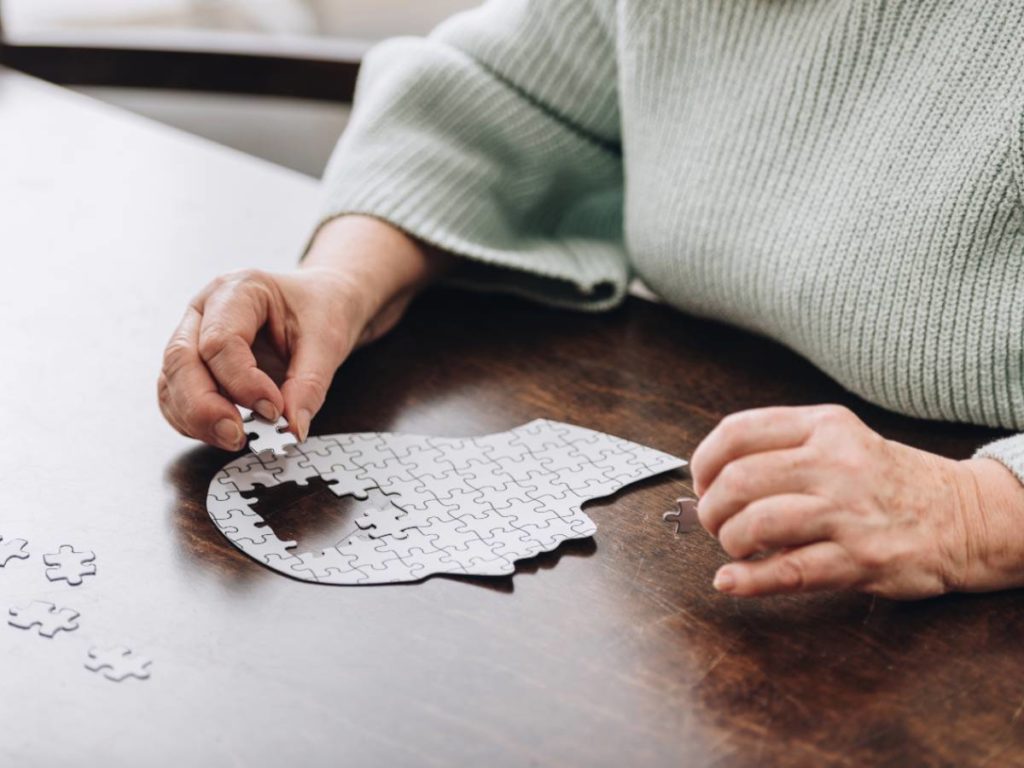In the 17th and 18th centuries, psychiatric patients sometimes found themselves subject to “treatment” using the ominously named “bath of surprise”. This contraption had a moveable floor that could be pulled out from under the patient, plunging them unexpectedly into ice-cold water. Proponents thought that the shock of sudden cold water immersion was an effective means of calming agitation.
While such a practice would now be deemed cruel and ethically unacceptable, it opened the door to using water to treat mental illness. Hydrotherapy has been used in one form or another to address maladies of the mind ever since the bad old bath-of-surprise days. Recently, cold-water therapy in particular has garnered attention for its potential to improve mood and psychological wellbeing. Don’t worry, though – unlike the bath of surprise, contemporary methods are entirely voluntary and practised willingly.
A case study published in the British Journal of Medicine in 2018 described a trial cold-water treatment for a patient with longstanding symptoms of major depressive disorder. The patient, a 24-year-old woman, had been on antidepressants since she was 17 and desired to be medication-free, expressing a dislike for the unpleasant side effects. She had also found that psychotherapy had not improved her symptoms. Her hydrotherapy treatment regimen involved cold, open-water swimming once or twice a week for six months. At the end of the six months, her symptoms had reduced substantially – to the point where she no longer required medication. A year later, she was still medication-free.
The researchers suggested this dramatic transformation may have been due in part to a process of cross-adaptation; the physiological demands of adapting to cold water may teach the body how to cope with psychological stress better. Although this proposal is yet to be scientifically supported, cross-adaptation does occur with other types of stressors. For example, research has shown that getting the body used to coping with hot temperatures improves its ability to deal with reduced oxygen levels at altitude.
While the case study’s findings should be read cautiously because they are based on a single person’s experiences, there is other evidence that cold water may be good for mental health. Another study published in Lifestyle Medicine in 2020 investigated the effects of cold open-water swimming on 61 novices, comparing them to a control group of 22 who watched from the shore. The swimming group had significantly greater increases in positive moods and reductions in negative moods relative to the control group.
Combined, these two studies hint that cold water swimming has promise for mood-boosting, but it is still difficult to pinpoint whether cold water itself is the magic ingredient. It is possible that the mood improvements were placebo effects. Or exercising outdoors could be a contributing factor. Perhaps it’s a combination of several related factors.
However, some research shows that cold water immersion directly affects brain chemistry, including levels of neurotransmitters implicated in mood. A study published in the European Journal of Applied Physiology in 2000 found that an hour’s immersion up to the neck in 14°C water increased dopamine by 250% and noradrenaline by 530%. Deficiencies in both these neurotransmitters are associated with depression.
Of course, there is also a mountain of anecdotal evidence that taking a dip in cold water is invigorating and a sure-fire way to perk up the mind. Unsurprisingly, some scientists who study the effects of cold water admit to regularly dunking themselves in it or partaking in daily icy showers, swearing by the benefits.
The small amount currently known may be just the tip of an iceberg sitting in some cold open water. Whether cold water immersion is the panacea some claim it to be and exactly how it affects psychological wellbeing need further investigation. However, the possibilities are certainly appealing – as long as there’s no “surprise” involved – given that cold water is readily accessible and cheap, if not free.
Fancy a dip, anyone?



